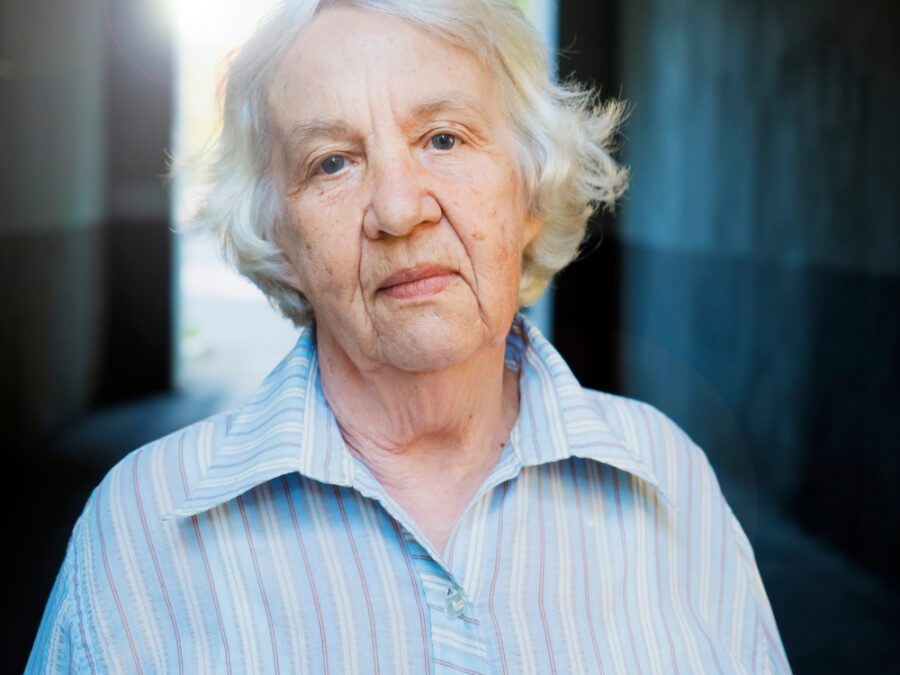Retirement brings a unique journey for everyone. No matter if it’s just around the corner or you’re already enjoying your golden years, you’re probably here because you’re thinking about relocation. We’re going to help you consider some key factors about making this move, such as a lower cost of living, being closer to your family, or embracing a new lifestyle. It can be a tough call to decide to make a change, pack up, and move, but sometimes it can be exactly what you need.
There are some signs you should follow to know if relocating for your retirement is the right choice.

1. Desire for Adventure
If there is a compelling desire for adventure in you, you probably already consider relocating or going out of your comfort zone somehow. This is a clear sign that you earn for new experiences, and this is a wish that outweighs the home attachment. The first years of your retirement are great for broadening your horizons. This is the perfect moment when you finally have the time to explore new cultures and embark on adventures. Moving to an area that excites you will create a new, enchanting experience for you.
Your thrill of adventure shouldn’t be ignored, and relocating is an opportunity for personal growth and learning even more about the world and yourself. A new environment will immerse you in discovering hobbies, making new friends, and even moving your body for your favorite sports. This overall experience is not only about seeing new places, it can be your chance to live life to the fullest.
2. Lifestyle
It’s essential to consider your desired lifestyle and healthcare when you think about relocating in your retirement years. When you have specific requirements, it’s a good idea to relocate to a place with top-notch medical facilities or to a place that provides special care centers.
Now comes the moment when you think about what your preferred lifestyle is. Do you want to be active or relaxed? From here, find a location that matches your wish. You might prefer tranquility in rural settings, or you might seek social opportunities and cultural amenities in cities. Analyze both the lifestyle wanted and the healthcare needs so you can see if moving is right for your retirement.
Relocating can provide a community that supports your interests and activities by offering you the possibility to join clubs, participate in local events, or enjoy the company of like-minded people. For sure, finding the right environment will enhance your retirement experience.
3. Home size
Along with your retirement approach, you should consider the size of your own home. If the current space feels overwhelming, you can downsize and move to a retirement-friendly neighborhood if you feel more comfortable in a smaller, more manageable environment. You can opt for a house that requires less upkeep and is going to make your retirement more enjoyable.
A smaller home comes with other facilities than just ease of maintenance, like reduced utility bills and, of course, lower property taxes. This will free up resources for other activities that bring you pleasure, such as traveling or going for hobbies that imply some costs. An efficient space will reduce the stress of organizing it, and you can focus on the things you love to fulfill your life.

4. Moving around difficulty
We know that it’s disturbing for your daily routines if you experience difficulty walking, climbing, or driving. In this condition, a house with many stairs will be a hazard for you, and it’s tough to get around the house, and running errands may become an unbearable task for you. Mobility issues are unfortunate reasons for isolation when it becomes hard to leave the house.
You will improve your quality of life by relocating to a more accessible place and to a community that you can interact with. You can search for features such as walk-in showers, single-story layouts, and nearby essential services to have an easily manageable daily life and, most importantly, reduce the risk of accidents. Being a part of a supportive community with the right resources and accessible public transportation can help you gain a feeling of social engagement and independence, and you can stay active and connected in your retirement years.
5. Safety
If you don’t have family or friends around, it’s concerning for you when you need to deal with a home emergency or maybe an illness. Other significant reasons to worry if you’re living alone are the crimes and scams that are happening more frequently to these individuals.
Choose a neighborhood with a low crime rate and a strong community to ease this stress. It’s important to have access to reliable emergency services and programs designed for seniors that will contribute to your overall safety and a comfortable living atmosphere. This will lead to a worry-free lifestyle and an enjoyable experience for you as a retiree.
6. Expensive House
When the current home becomes an unnecessary expense, you may consider moving. Back when you chose that place, you were probably focused on a large family home in a great school district. But with growing old and the kids moving out, this became just an extra payment for all the facilities, cooling or heating, and big taxes—something you don’t really need anymore.
You may consider selling your house to eliminate extra expenses like maintenance and utilities. If this is what you’re currently thinking about, you should pay attention to agent commissions, moving expenses, and taxes. Take into consideration repairs and other improvements you need to make to raise the value of your house.
Downsizing to a more affordable house will reduce costs and offer you resources for creating a fund or investing in something else that you like. This is an opportunity to allow yourself to enjoy your retirement without burdening yourself with unnecessary expenses. This is going to be a transition that leads to a more sustainable lifestyle that will provide financial and emotional relief.

The Benefits of Relocating in Retirement
Relocating can redefine your living environment and bring you a higher quality of life. You may have financial considerations, health needs, or lifestyle preferences. Either way, moving will come with a lot of benefits. Some primary advantages are financial savings from downsizing, which can lead to financial freedom by allowing you to redirect resources.
Choosing a new location can have a profound impact on social connections and quality of life. Moving to a community designed for retirees can foster social engagement and new friends. You can participate in lots of activities that will reduce stress and bring you joy by joining clubs or events tailored to fulfill the lives of residents in a community and give them a sense of belonging. Consider healthcare and safety.
The decision to relocate in your retirement comes with a lot of advantages and challenges. The factors we mentioned were lifestyle, health, social connections, finances, and overall personal fulfillment. Evaluate all these factors carefully, make the right move to enhance your well-being, and embrace the peace of a rural retreat or the vibrancy of an urban retreat. Whatever you choose, relocating will pave the way for a new version of yourself, a new era filled with opportunities, growth, and happiness.
We recommend this inspiring book about moving to find yourself, becoming free in a simple environment, and seeing happiness through other people’s eyes. You can order it via Amazon, and it’s called Downsize Your Life, Upgrade Your Lifestyle: Secrets to More Time, Money, and Freedom, by Rita S. Wilkins.
If you liked our article, read next: 10 Fun and Relaxing Summer Activities for Seniors










We moved from Troy, Michigan to Beverly Hills, Florida. Our daughters are still in Michigan. We love the kind of weather that Florida offers. We have lived here for 24 years and we have no regrets. So far no hurricanes or insurance costs have discouraged us yet.